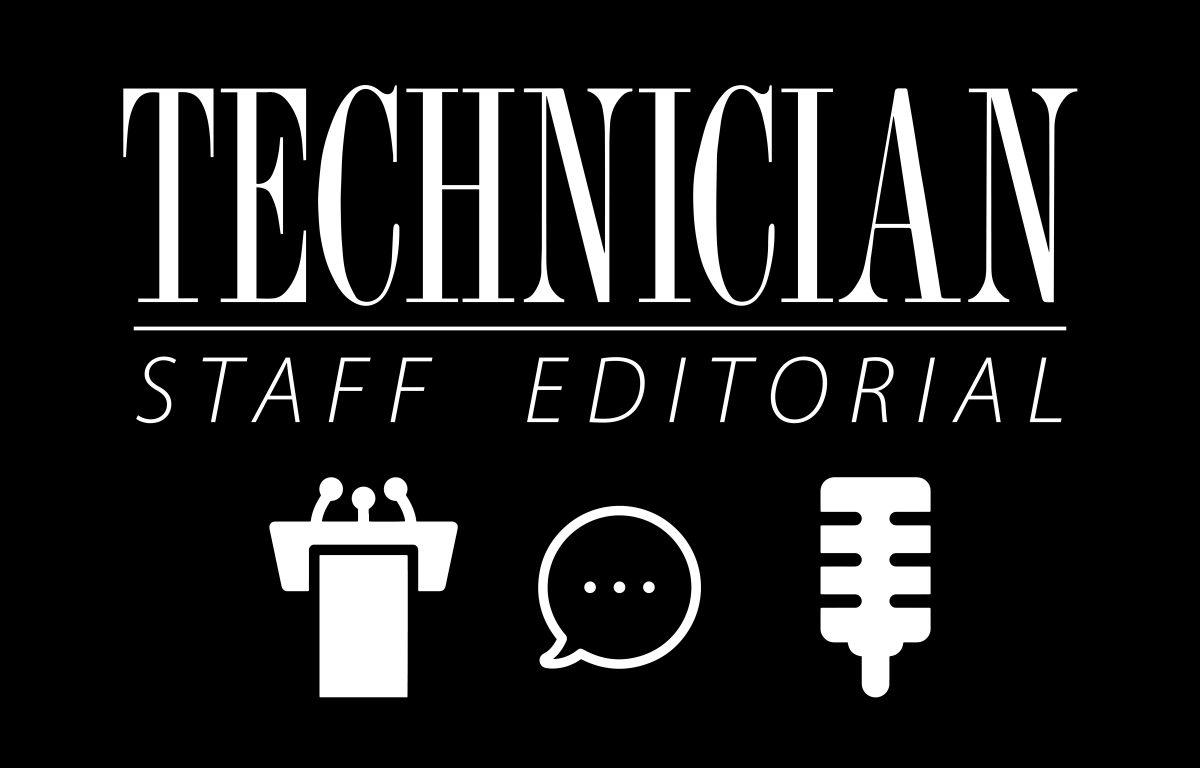The unsigned editorial is the opinion of Technician’s editorial board and is the responsibility of the editors-in-chief.
The Student Senate will consider Resolution 48 Wednesday, Nov. 8 in an ignorant, futile attempt to restrict information that serves the public interest.
Resolution 48 expresses disapproval of the ease of access for NC State’s student directory and claims it’s a privacy and security concern. If passed, the Student Senate would recommend that access to the student directory be obstructed by requiring Shibboleth authentication.
Technician objected to this resolution at its conception and read a statement before its first reading at the Student Senate meeting Oct. 25.
The resolution states that anyone with a Shibboleth login, which includes NC State students, faculty and staff, would be able to access the student directory. There are over 44,000 students, faculty and staff at NC State — more than enough people to fill a sold-out PNC Arena twice. How does restricting access to a mere 44,000 people protect personal privacy?
If NC State were to require sign-in with a registered student ID to access the directory like this resolution mentions, it still wouldn’t be a sufficient measure to prevent any member of the public from accessing this information.
This resolution fails to consider that due to the Family Educational Rights and Privacy Act, an educational institution can disclose directory information — which includes a student’s name, preferred email address and major field of study — without student consent. Even if NC State were to require authentication to access the student directory, anyone can request a list of student directory information from NC State through a public records request.
This possibility isn’t speculative; Technician can confirm people have requested student directory information from the University in the past thanks to a list of public records requests received by the University that Technician obtained through a public records request.
The resolution only cites one university within the UNC System that requires authentication to access the student directory, perhaps because the majority of the universities in the UNC System make student directories accessible to the public. UNC-Chapel Hill, UNC-Wilmington and East Carolina University are among the universities in the UNC System that have public student directories.
Students who are concerned about privacy can individually opt out, and this information won’t be shared with the public. Students can block disclosure of directory information by establishing privacy settings in the MyPack Portal. Students are informed of this right every year through NC State’s annual notifications. This year, all NC State students, faculty and staff received these annual notifications by email Sept. 20.
Technician’s initial statement asked the Student Senate to consider how Student Government resources could be better spent educating students on their privacy rights under FERPA rather than passing this ineffective solution. Evidently, the Student Senate chose to instead make a sorry, uninformed attempt to take a valuable resource away from the public.
We urge members of the Student Senate to be diligent and thorough in their research and consideration of all legislation — especially that which impacts the broad accessibility of public information — and vote against the passing of this resolution.
Finally, Technician understands that we as journalists have a critical responsibility to keep the public informed, and students deserve to understand their rights under FERPA and at NC State. If you’d like to block disclosure of directory information, select “Personal Information” on the student homepage in your MyPack portal, then select the “Privacy Restrictions” tab, where you can edit specific privacy restrictions or establish a full privacy block.
Note that even if a student blocks directory information, it can still be disclosed in some cases to people authorized by law to access this information.
To read more about students’ rights under FERPA at NC State, visit NC State’s annual notice of student rights.










